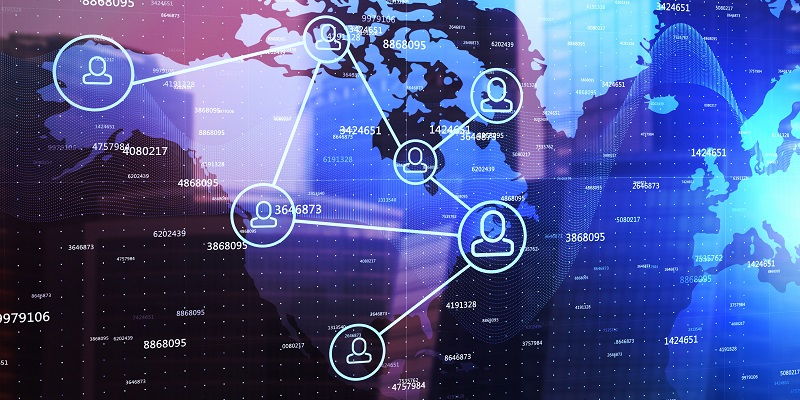In today’s rapidly evolving business landscape, global hiring has become a crucial aspect for companies that aim to stay competitive and expand their reach beyond borders. However, before embarking on the global hiring journey, it is essential to determine the specific roles for which hiring is necessary, ensuring that the right talent is acquired to meet the organization’s objectives.
The Role of EOR in Global Hiring
An Employer of Record (EOR) plays a significant role in simplifying the complexities of global hiring. An EOR acts as a local entity, allowing companies to hire talent in various locations without the burden of navigating different legal and tax frameworks themselves. By partnering with an EOR, companies can alleviate the pressure on their HR departments, enabling them to focus on strategic initiatives and core HR functions.
The misconceptions around remote work
Remote work has become increasingly popular in recent years, providing employees with flexibility and a better work-life balance. However, it has often received a negative portrayal in mainstream media, leading to misconceptions about its effectiveness and productivity. It is vital to address these misconceptions and highlight the benefits remote work brings to businesses, such as access to a global talent pool and increased employee satisfaction.
Embracing remote work for global hiring
Remote work offers immense potential for industries with distributed teams, making it an ideal choice for global hiring. With the right technologies, intentional collaboration, and regular check-ins, remote work can be successful and efficient. It is crucial for leaders to support their remote workers with the necessary tools and foster a culture of collaboration and communication to ensure everyone feels connected, regardless of their physical location.
Managing different time zones in global hiring
One of the unique challenges that comes with global hiring is coordinating work across different time zones. Asynchronous work has gained popularity, enabling employees to work on their own schedule rather than keeping the same hours. However, it is essential to find a balance and establish strategies that accommodate team members’ availability and facilitate effective communication. This may involve scheduling meetings at times that work for everyone, allowing employees to take turns adjusting their workday, or implementing automated tools that help bridge the time zone gap.
Leveraging Diversity in Global Hiring
Global hiring enables companies to tap into diverse talent pools, bringing together individuals from different countries and ethnic backgrounds. This diversity fosters innovation, creativity, and a rich exchange of ideas, ultimately leading to better problem-solving and decision-making. By embracing diversity, companies can gain a competitive advantage and create an inclusive work environment that values and appreciates different perspectives.
Creating an inclusive environment in global hiring
To ensure that all employees feel included and valued within a global workforce, HR plays a crucial role in fostering an inclusive environment. HR should create opportunities for open dialogue, allowing employees to express their views, share experiences, and address any concerns. By encouraging communication and providing a platform for diverse voices to be heard, companies can create a culture of inclusivity and ensure that everyone feels respected and valued.
Key considerations for global hiring
When pursuing global hiring, companies should consider several key factors. Utilizing an EOR can streamline the hiring process by handling legal and compliance matters in various countries. Embracing remote work allows companies to access a broader talent pool and increases flexibility for employees. Accommodating different time zones through proper scheduling methods ensures effective collaboration and communication. Organizations should also provide flexibility in work schedules, allowing employees to work according to their respective time zones.
Global hiring is no longer a luxury but a necessity for companies seeking growth and diversification. By investing time and effort in determining the roles for global hiring, working with an EOR, embracing remote work, accommodating different time zones, and fostering an inclusive environment, organizations can leverage diversity and unlock the full potential of their global workforce. To learn more about global hiring and its implications, consider attending the upcoming webinar with Multiplier and the HR Exchange Network. Embrace the opportunities of global hiring and create a workforce that thrives on diversity and collaboration.

